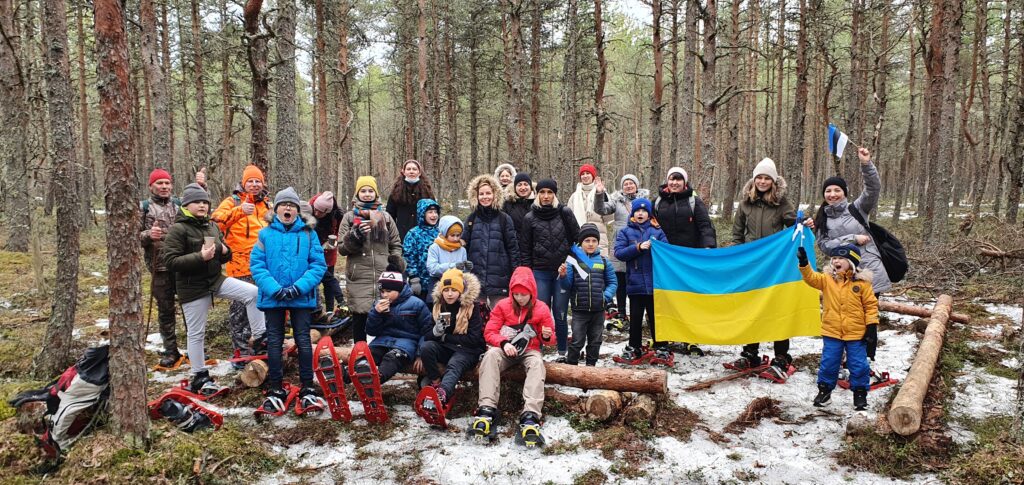Following Russia’s invasion of Ukraine, Estonian education entrepreneur Maria Rahamägi is using her ed-tech platform to bring Ukrainian students and teachers some semblance of normalcy, by opening online classrooms where they can find solace in community, continue to forge their own identities and reassert their right to self-determination.
Two years ago, Rahamägi launched Edumus, an innovative programme that pairs professionals across a wide range of industries with schools in Estonia. The idea was born of her realisation that there’s a widening gap between the increasing hyper-specialisation of the modern workforce and what students are prepared for upon graduating high school.
“The education system is a completely standalone kind of entity and very disconnected from the other industries, which cannot really go on like this,” Rahamägi tells Estonian World. “Because work is becoming so much more diverse and specific, we need to have these connections already in there, in the education system, so students understand why and what they are learning, and give them some ideas what to do in the future.”
However, while the enthusiasm for her project was high, the logistics of actually placing professionals with no teaching background in schools proved a bit more difficult. “We have more than 350 highly educated professionals who had signed up to become part of the programme, and about half of Estonian schools. However, we didn’t manage to get as many teachers to schools so far as we initially wanted.”
Rahamägi puts it down to a lack of administrative resources, experience and a whole lot of red tape involved with hiring and onboarding new instructors. Incidentally, she sees these obstacles as a testament to just how entrenched the current education system is in outdated policies that don’t reflect the modern world.
Nevertheless, instead of wasting time trying to navigate the bureaucracy of public education, Rahamägi and her team opted to work around it by launching an e-learning platform that operates alongside the traditional system, while continuing to work within that system and slowly getting industry professionals placed at school sites.
“We are partnering with high schools here in Estonia, so their students can pick subjects from our school too. So if previously they had just some choices from their school, now they have so much more with this distance learning school, and it can also give them an opportunity to study together with students across the country.”
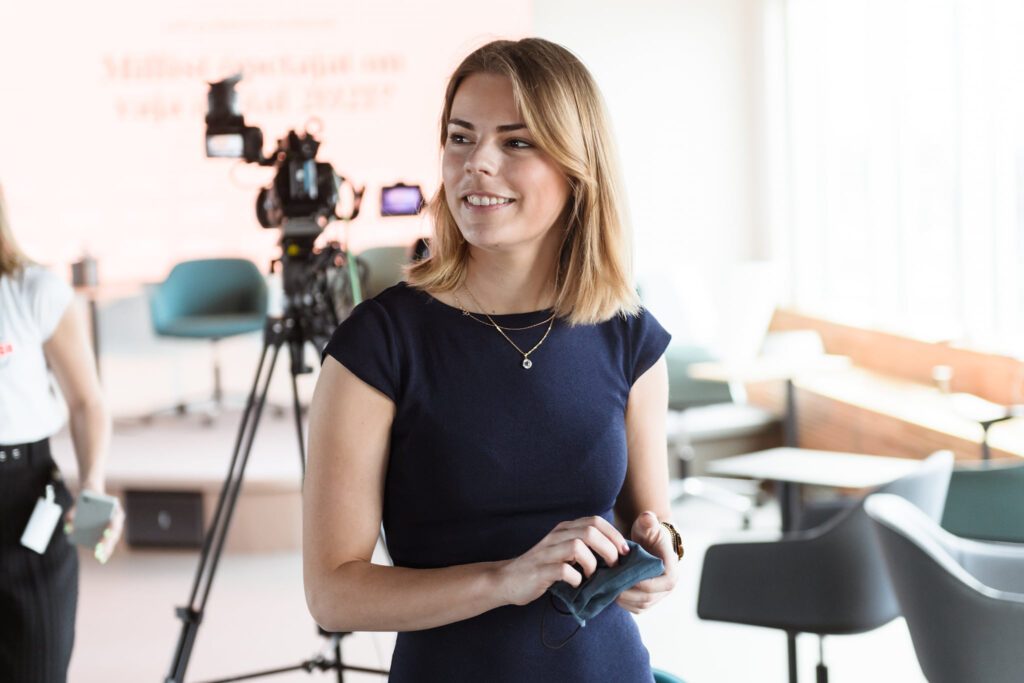
Education in times of crisis
Following the success of the flagship project in Estonia, Rahamägi began setting her sights on expanding the operation abroad, with the hope of eventually facilitating international programmes that bring students from myriad backgrounds into the same classroom.
One of the next countries on her list happened to be Ukraine, and Edumus was deep in the process of sending professionals to teach specialised elective courses at various schools throughout the region.
Then, the Russian president, Vladimir Putin’s, military launched its invasion.
Again, however, instead of calling the whole thing off, Rahamägi and Edumus decided to pivot, seeing a much needed service in the growing crisis.
“We, of course, understood that there’s no point of talking about elective subjects anymore,” explains Rahamägi. “Now, it’s the question, how will we ensure the continued education for the refugees who are coming to Estonia and all the other countries too.”
The result is the School of Hope, a distance learning platform specifically designed for Ukrainians both in the country and abroad, as well as Ukrainian teachers who have been displaced by the war.
“As we already had some experience with starting schools and hiring teachers, we decided to start the School of Hope, which is a school for refugee kids and we are hiring refugee teachers.”
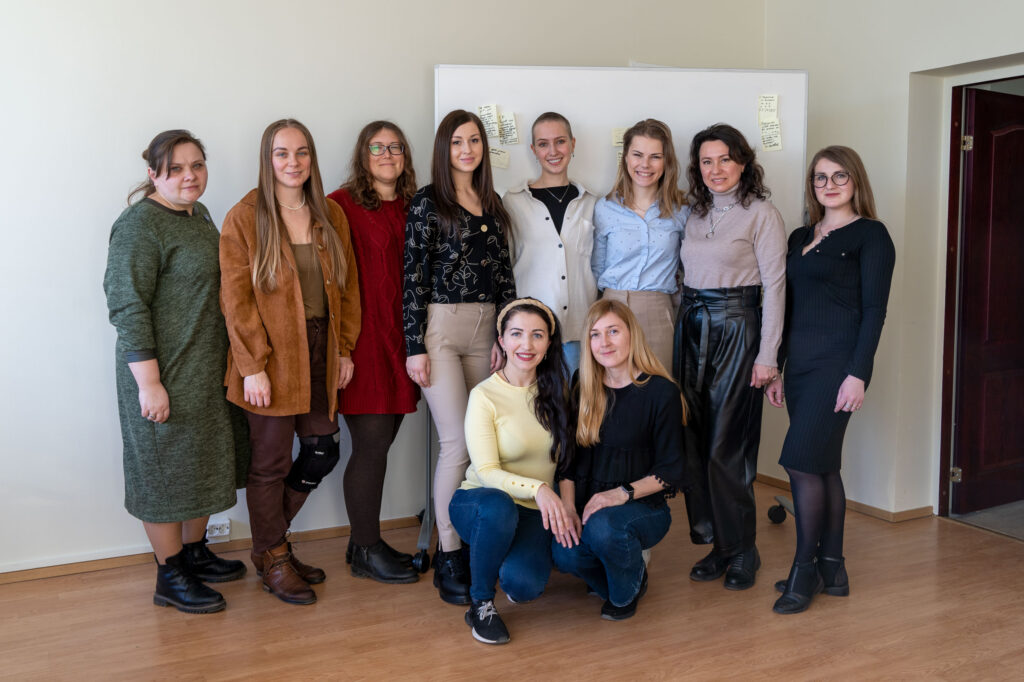
The School of Hope officially launched on 14 March with 180 registered students, the majority of whom are currently seeking refuge in Estonia. Likewise, they are in the process of hiring 10 Ukrainian teachers, with another 86 expressing interest, as well as the head of a private school in Ukraine who Rahamägi is hoping to bring on to run the new initiative.
As Rahamägi sees it, the School of Hope is much more than a mere classroom, nor is it simply a way for students to keep up with their studies. At its core, the School of Hope is a powerful community and a necessary link to their culture.
“Right now, the focus has just been on restoring the routine for the kids and giving them an opportunity to socialise in their mother tongue and learn something in their mother tongue. And then, as time goes by, we will start putting more emphasis on having this balanced education of all topics. Right now, we’re just running it with the speed of how we can involve new teachers and new students.”
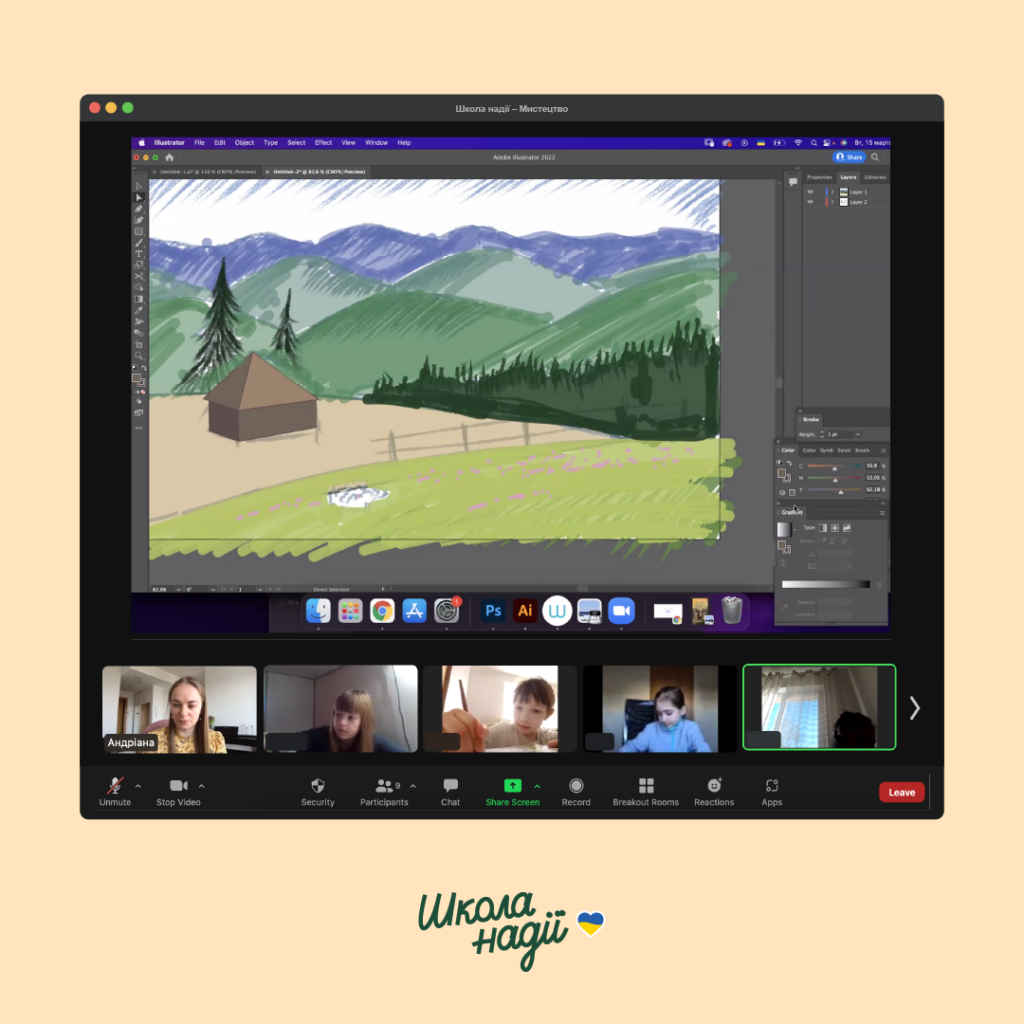
Edumus, the School of Hope and the future of education
Crises often foster innovation, as communities and institutions are pushed to their limits, all but forced to imagine new modes of functioning and surviving. In that sense, it could be argued that the wave of campus closures following the COVID-19 pandemic set the stage for Edumus and the School of Hope’s distance learning model. This, coupled with Rahamägi’s assertion that traditional school systems are failing students could signal a new frontier in education.
“With the distance learning and the approaches that we are implementing, we would like to be the frontrunners of the future education system. Because right now the education system still works in a very similar way like it did a hundred years ago. However, much more personalisation is needed in the education system and integration with other industries.”
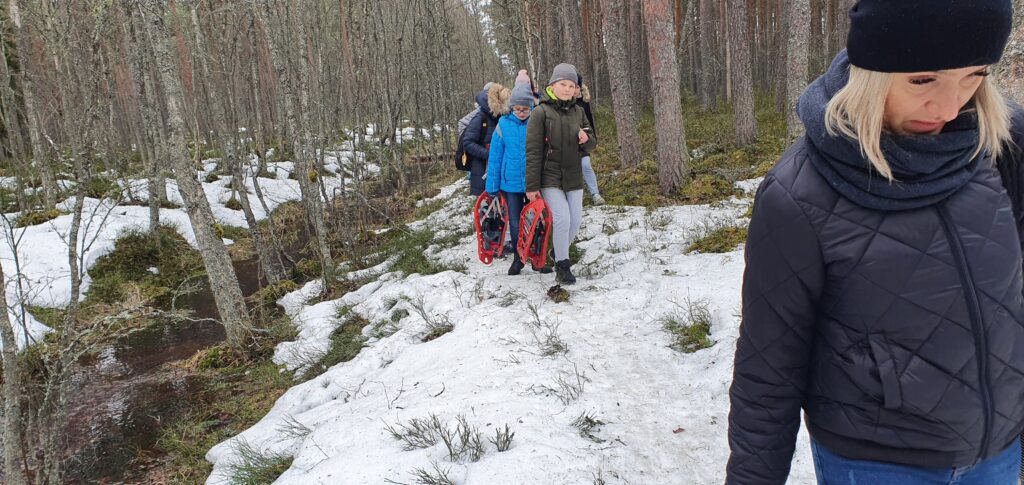
To back up her claims, Rahamägi points to a comment made in 2019 by Andreas Schleicher, director of the OECD Directorate for Education and Skills, “Education is no longer about teaching students something alone; it is more important to be teaching them to develop a reliable compass and the navigation tools to find their own way in a world that is increasingly complex, volatile and uncertain.”
And it’s not just students who are being left behind by the increasingly archaic education system, but teachers too. With regards to implementing new models, Rahamägi explains that, “Right now, the minister of education says yes, let the schools do it. The school is like okay, let the teachers do it. But we’re putting so much on the teacher’s table, they just can’t handle it. They have lots of administrative tasks, they have to work with students and they have to work with special needs students, and there’s human limits to what they can do.”
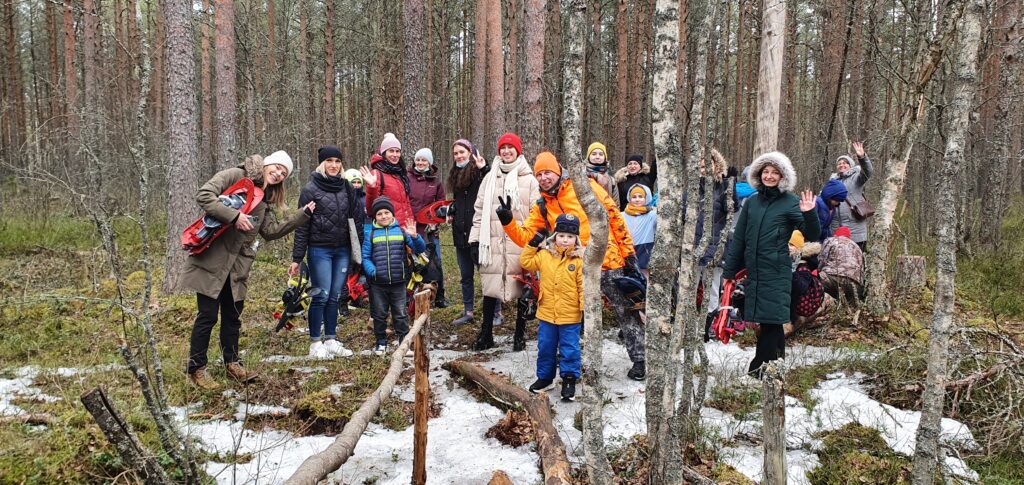
Returning to the 2019 OECD report, “Future of Education and Skills 2030”, and Edumus’s place within it, Rahamägi elaborates, “The education system has to prepare students and kids for this more uncertain future. And [the report] compares this traditional education system with the future education system, which has to be more integrated into the other industries, and where the education system is everybody’s responsibility, it’s not only teachers’ or schools’ responsibility anymore to be able to provide this future-proof education, because it’s just impossible to do that.
“And I see that with the approach we have taken with Edumus, really heavily involving specialists in the teaching, and by involving them part-time, we are creating these strong links between the education system and the industry where they’re coming from. And now, being able to do that with distance learning, it enables all students, no matter their location, to be able to join, tune in, and start learning.”

